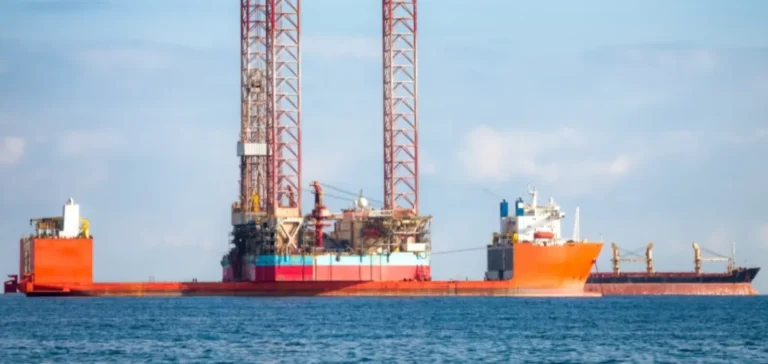Nigerian company Atlas-Oranto Petroleum has secured four offshore oil exploration licences in Liberia, as part of a revival strategy led by the Liberian authorities amid the country’s energy supply challenges. The award of these blocks, confirmed by the Liberian government, came with a $12 million signing bonus.
This move is part of an effort to attract more investors into Liberia’s still underdeveloped oil sector. The exploration plan presented by Atlas-Oranto includes seismic surveys and a preliminary development strategy. The company has not specified whether the surveys will be conducted in two or three dimensions.
A trend of expansion among Nigerian players
The allocation of these blocks confirms a trend of expansion among Nigerian oil companies beyond their national borders. Atlas-Oranto, already active in several African countries, is further consolidating its regional footprint. This dynamic is also visible in other Nigerian firms such as FIRST Exploration & Petroleum Development Company Limited (FIRST E&P), which signed an agreement in July to assess the Mnazi Bay North block in Tanzania.
Similarly, Waltersmith Petroman Oil Limited has held a 40% stake in the offshore EG-23 block in Equatorial Guinea since 2019. These moves reflect a strategic diversification of asset portfolios by these companies, focusing on high-potential offshore zones.
Exploration outlook remains uncertain
Despite this momentum, production prospects remain contingent on exploration outcomes. According to energy consulting firm Westwood Global Energy, the average global success rate for exploration campaigns is around 30%. The advancement of activities in Liberia will therefore depend on the results of seismic surveys and potential drilling operations.
Liberia, which has long struggled to attract significant oil investments, is banking on a combination of international partnerships and exploration incentives to boost its upstream sector. The arrival of new operators like Atlas-Oranto could offer an alternative to the country’s energy dependence, subject to commercially viable results.






















